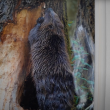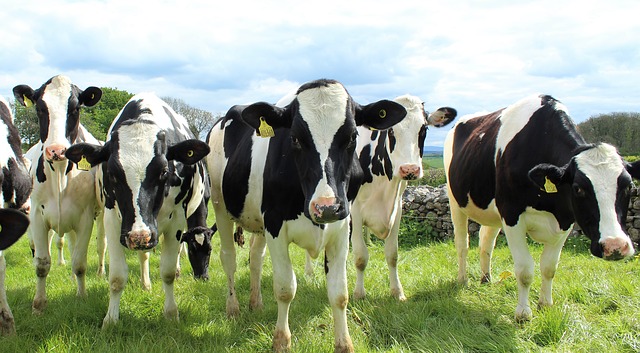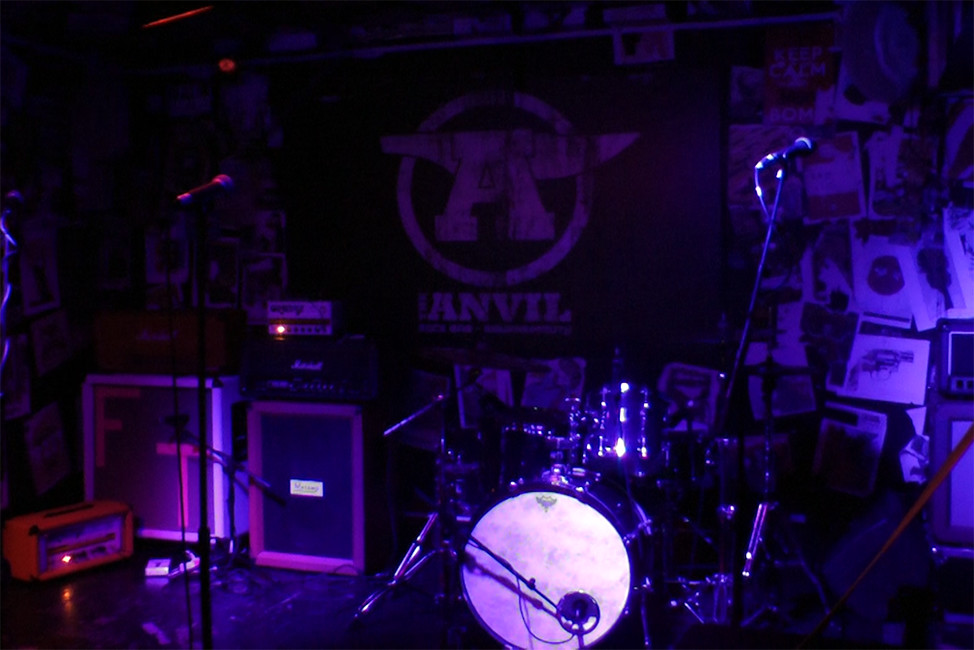In 2017, over 43,000 cattle were slaughtered in the UK due to Bovine Tuberculosis outbreaks on farms.
DEFRA statistics released last week, show that over 4,000 more animals were killed, compared to 2016, and these figures have been increasing rapidly over the last ten years.
Local dairy farmers blame the current Tuberculosis (TB) testing system for the cause of the increase. Badger culling has also taken place in some counties, including Dorset, to try and stop the spread of TB in cattle.
“Absolutely disgusting”
Martin Trim of Stour Cross Farm said: “It is diabolical, absolutely disgusting. I feel very bitter about it.
“In a 5 mile radius of our farm, 500 cattle were slaughtered in 2017, farmers have lost hundreds around here. We have lost nine, including one yearling. We calve all year round and don’t have the facilities to house all animals and so it is not a good place to be in. We keep our animals for 10 to 13 years and they become part of our livelihood, especially when we have reared them from calves.
“Badgers have been protected for a number of years and numbers have increased and probably cause of many problems.”
“It would be fine if all the cows slaughtered were confirmed with TB but often most are normally perfectly fine. They (DEFRA) brought in the new TB test and it still hasn’t worked.
“We get compensation but it’s not enough to replace the animals. It’s like banging your head against a brick wall with DEFRA.”
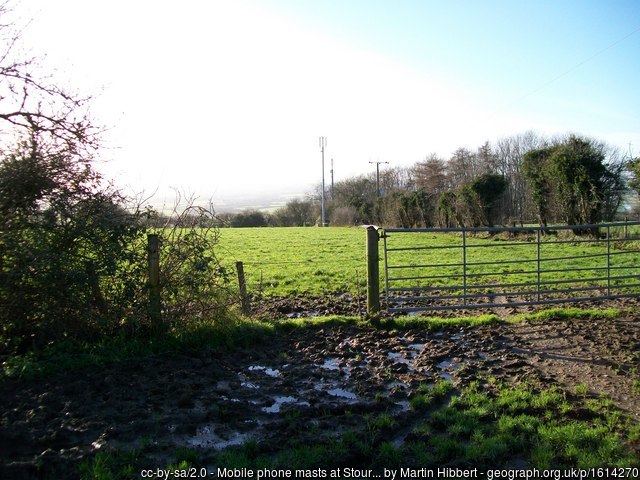
Current TB testing and badger culling
Badgers have proven to be carriers of Bovine TB and from 2013, DEFRA authorised culling schemes in certain counties of the UK, including Dorset in 2015. Its aim was to reduce the chances of TB being spread from badgers to cattle and subsequently reduce the number of TB cases in cattle.
In Spring 2017, additional measures were brought in an attempt to improve the TB testing of cattle. This included improvements of the blood tests, alongside the existing skin tests, as well as changes to the movement of TB infected cattle and the mitigation of inconclusive tests on cattle.
George Jackson, a herdsman at a dairy in Hindon near Shaftesbury, wasn’t convinced: “When I started at this farm, the TB test had just been brought in. I think it’s stupid, the whole testing process doesn’t work, it’s so complicated.
“We’ve literally just got it at the farm and at the previous dairy I worked for in Hampshire, they were shut down with TB for four out the six years I was there.
“We don’t want to see them shot just like anyone else”
“One time, someone had to come in and shoot 20 cows on the farm which shook up the staff as well as stressing out the other animals. At the end of the day, we don’t want to see them shot just like anyone else.
“The farm had never had it until they sent a bull off for slaughter and it came back as positive for TB and had legions. There was no TB around us and the strain originated from Cornwall.
“I spoke to a vet who went to a farm up north where so much money was being spent on TB testing that they stop testing the whole herd and just shut them down. The vets also said TB testing is one of their most dangerous jobs, its very dangerous work.”
Badger culling
Imogen Davenport, Director of Conservation at the Dorset Wildlife Trust, reacted to the latest statistics: “Obviously this is a great shame, we have a great deal of sympathy for farmers who loose livestock to bovine TB and are acutely aware of the problems this disease causes in Dorset. Cattle grazing is vital for many wildlife habitats so we all want to see a solution to TB.
“Badger culling is not the answer”
“We are very keen to see the eradication of Bovine TB (bTB) but badger culling is not the answer.
“At the Government’s own best estimates, culling is only likely to reduce bTB by 16%. It could actually make the problem worse by spreading the disease onto farms previously unaffected.
“Dorset Wildlife Trust bases its policies on scientific evidence and so it is extremely disappointing that the government’s stance ignores the main body of evidence on badger culling which concluded that it could make “no meaningful contribution” to control of bTB.
“We feel that farmers are being given misleading advice by Government. We want the Government to instead prioritise work on vaccines for cattle and also for badgers, as well as supporting landowners to improve on-farm biosecurity.”
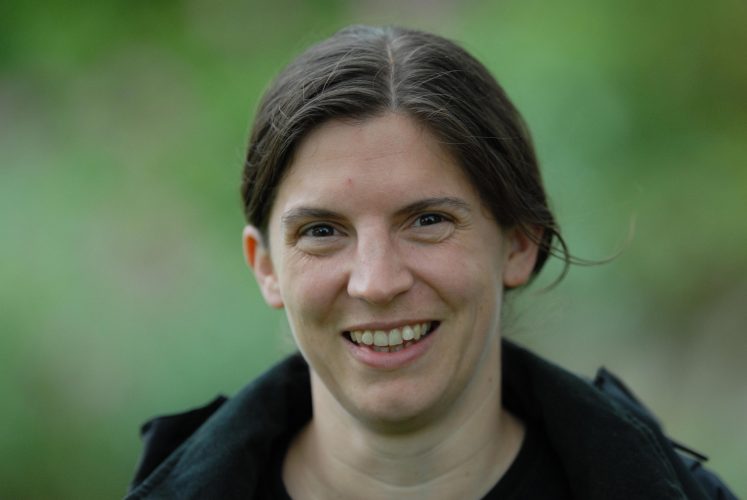
The Wildlife Trust promotes the vaccination of badgers, but Badger culling did take place in Dorset in 2015.


